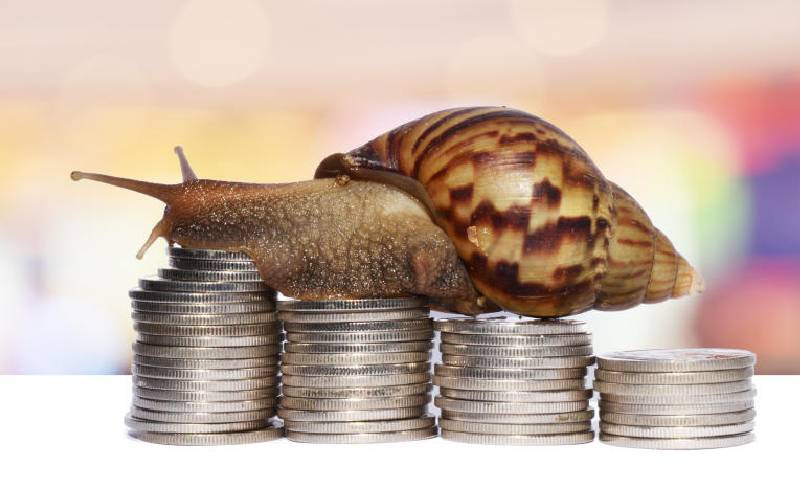×
The Standard e-Paper
Fearless, Trusted News

The Cabinet Secretary for Interior and Coordination of National Government was at it again.
This time, he directed his sharp words at the political class whom he accused of starving banks of the Sh200 and Sh100 currency notes.